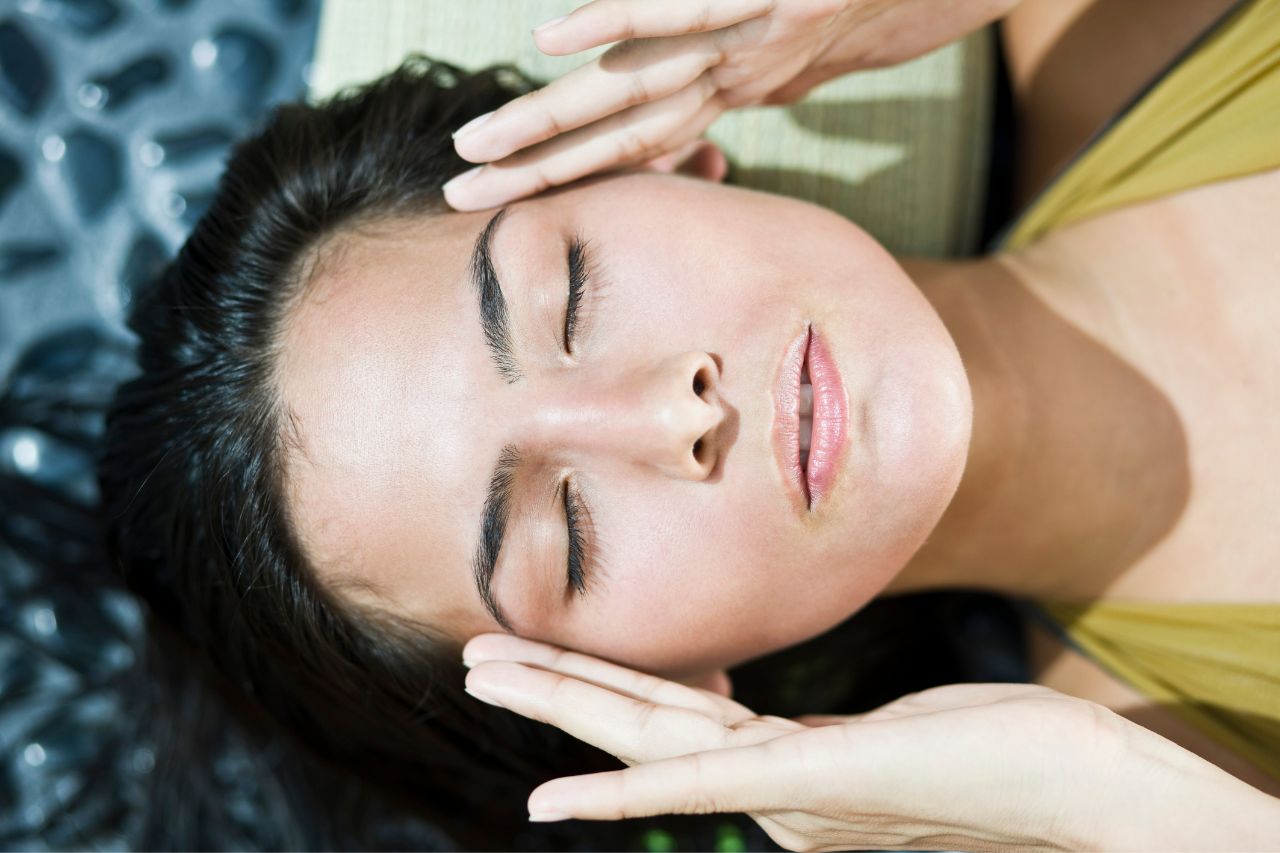Headache Causes

If you get headaches occasionally, they might be a minor issue you endure or treat with an over-the-counter pain reliever. But if they’re frequent or intense, your doctor can determine the cause, recommend steps to prevent them, and prescribe appropriate treatments.
Why Do I Have a Headache?
If your headaches are troublesome, you may wonder what causes them. Primary headaches are caused by temporary problems with chemical activity in the brain, nerves or blood vessels in the skull or neck, or a combination of these factors.
Lifestyle factors can increase the likelihood of experiencing headaches. They include things like:
- Alcohol consumption
- Exertion (like from especially vigorous exercise)
- Skipped meals
- Lack of sleep
- Persistent coughing or sneezing
- Dehydration
- Nicotine consumption
Other somewhat surprising headache causes include:
- Warm temperatures that dilate blood vessels in the brain
- Returning to a stressful job after a relaxing weekend or vacation
- Foods containing preservatives or additives (lunch meats, bacon, and ham, for example)
- Neck strain from tilting your head to read text messages, cradle your phone against your shoulder, etc.
- “Rebound headaches” from treating an initial headache with over-the-counter pain relievers
Another category called secondary headaches are symptoms of conditions that trigger pain-related nerves in the head. They can be caused by minor medical issues such as nasal and sinus infections, ear infections, or flu. They may also be symptoms of more serious medical problems, including high blood pressure, brain tumors, concussions, strokes, and meningitis.
How to Reduce Your Headache Risk
Preventing secondary headaches requires working with your doctor to diagnose and address the underlying conditions.
You can reduce your risk of primary headaches by doing the following in your home:
- Reduce light intensity. People who suffer from intense headaches are often sensitive to bright light, and the glare from bulbs or even sunlight can cause a headache. The flickering of fluorescent lights can also be a trigger. Dim incandescent bulbs (the lower the wattage, the better) are preferable to halogens and fluorescents because they emit a steadier, more muted light.
- Avoid allergens. If you suffer from allergies, your triggers can lead to headaches, too. Irritants such as dust mites, pet dander, and mold inflame your nasal passages, which can cause a headache. Also, allergy-related congestion can cause a painful buildup of pressure in your nasal passages and sinuses. Consider investing in a high-quality vacuum and an air purifier with HEPA (high-efficiency particulate air) filters. HEPA filters remove up to 99% of airborne allergens.
- Eliminate strong smells. The air quality inside most homes can be worse than it is outside. Levels of common pollutants such as formaldehyde are two to five times higher indoors, primarily because of inadequate ventilation. Masking odors with scented candles and air fresheners often makes matters worse. Intense aromas of any kind irritate the trigeminal nerve. It runs from your nose to your brain and is responsible for most headaches. Use an air purifier with a carbon filter to reduce headache-causing odors.
- Decrease the light output from screens. Like light bulbs, glowing screens (phones, laptops, tablets, etc.) can overstimulate your brain. Adjust the brightness setting on your devices and get a glare-reducing filter for your monitor.
- Maintain good posture. When using a computer or watching TV, use a seat with good back support. Also, take a break approximately every 20 minutes to loosen your back, shoulder, neck, and head muscles.
- Stay hydrated. Drinking water consistently throughout the day can help prevent dehydration headaches.
- Avoid food triggers. Keep a journal to determine which foods (if any) increase your headache risk and eliminate those items from your diet.
Talk with Your Baptist Health Physician About Headache Causes and Treatments
If you experience frequent or particularly painful headaches, it’s a good idea to talk with your doctor. You can find a primary care physician using our online provider directory.
They can do a physical exam and run tests if appropriate to determine what’s causing them. Then, they can provide recommendations for preventing your headaches, if possible, and treatments to provide headache relief as needed. They may also refer you to a specialist called a neurologist.
If you experience a sudden, excruciatingly painful headache or one accompanied by confusion, memory loss, high fever, slurred speech, vision changes, loss of balance, numbness, or weakness (particularly on one side of your body), or other concerning symptoms, you should seek immediate medical care.
Next Steps and Useful Resources
Hormonal Changes and Headaches in Females
Can Allergies Cause Headaches?
How to Tell if You Have a Concussion



